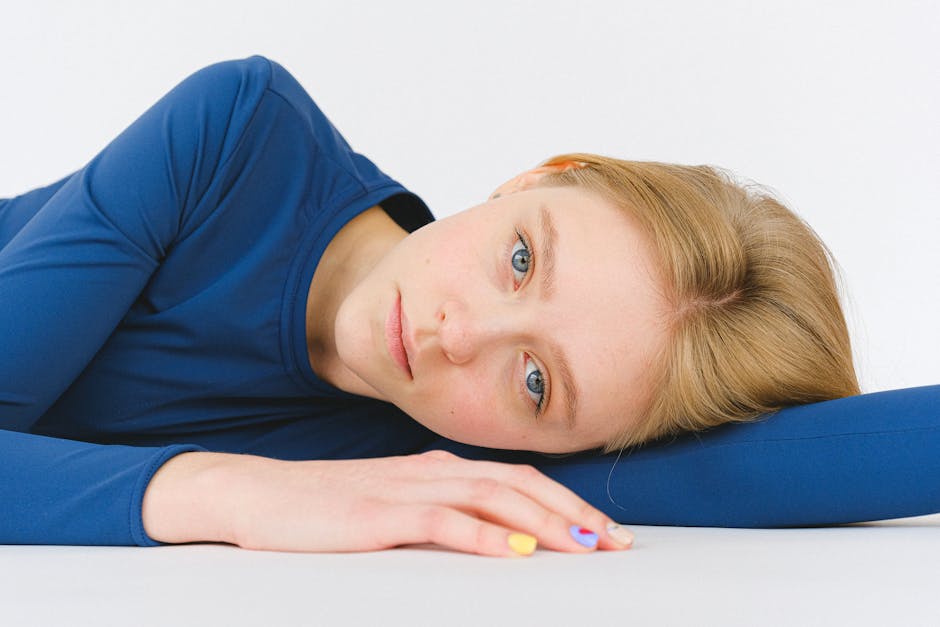Fashion, a dynamic tapestry woven from threads of culture, history, and personal expression, offers a compelling platform for showcasing individuality. More than mere aesthetics, clothing choices and beauty routines can be potent tools for self-discovery, empowerment, and forging a unique identity. This article delves into the multifaceted importance of individuality in the realm of fashion and beauty, exploring its effects on personal growth, social interaction, and cultural impact.
A powerful expression of self: Beyond fleeting trends, genuine style stems from embracing one’s unique attributes. Fashion acts as a visual language, enabling us to communicate personality and values without uttering a single word. An individual’s choice of clothing, colour palette, and accessories becomes an outward manifestation of their inner world, reflecting their tastes, passions, and even their social and political stances. This isn’t about mere conformity; it’s about using fashion as a tool for personal storytelling. For instance, a minimalist wardrobe might indicate an appreciation for simplicity, while a bold, colourful aesthetic might convey a vibrant and outgoing spirit. This self-expression is fundamental to navigating our increasingly complex world, facilitating our understanding of our own identities and projecting that identity to others.
Beyond Trends: Individuality transcends fleeting trends, enabling individuals to create a distinct style that resonates with their personal sensibilities. Consider the phenomenon of social media; while it undeniably shapes trends, it also empowers individuals to create their own unique fashion narratives, blending influences with their personal flair. The ability to curate a distinct aesthetic through mixing and matching diverse styles allows for a more nuanced and personalized approach to fashion. This curation goes beyond the mere acquisition of garments; it involves a sophisticated understanding of self-perception and a conscious effort to communicate a personal brand. A significant part of this process lies in the careful consideration of personal preferences. What fabrics appeal most? What colours evoke a feeling of comfort and confidence? What silhouettes flatter one’s body type? These thoughtful reflections form the foundation of a genuine, independent style.
A Catalyst for Self-Discovery: Fashion can be a pathway to self-discovery and growth. Experimentation with different styles and beauty routines fosters self-awareness and empowers individuals to explore their personal preferences. The process of trying on different outfits, experimenting with various colours, and finding what looks and feels best can be a journey of self-reflection. It’s a chance to understand what resonates with one’s inner self. By acknowledging personal preferences, individuals are better equipped to cultivate a distinctive aesthetic that reflects their true selves and fosters greater self-esteem.
Social Interaction and Cultural Influence: Individuality in fashion isn’t isolated; it interacts with societal norms and cultural contexts. The clothes we wear, the way we style our hair, and the makeup we choose can reflect or challenge prevailing societal standards. Sometimes, this manifests as deliberate rebellion against societal norms, while other times, individuals embrace a unique style that embodies their cultural identity. This interplay highlights the dynamic nature of fashion, where personal expression often intersects with broader cultural movements and influences. The clothes we select influence how others perceive us, which in turn can impact social interactions and the acceptance we receive in various environments. This interplay between personal expression and social perception shapes our interactions and reinforces the importance of individuality.
The Power of Inclusivity: A crucial aspect of individuality in fashion lies in its capacity to foster inclusivity and acceptance. Embracement of diverse body types, ethnicities, and cultural backgrounds through fashion can challenge stereotypes and create a more accepting and welcoming society. When individuals feel empowered to express their individuality without fear of judgment, it creates a more inclusive environment. Fashion, when used as a tool for embracing differences, fosters respect and understanding, diminishing prejudice and promoting a sense of unity.
Building Confidence and Breaking Barriers: Individuality in fashion empowers individuals to build confidence and self-assurance. By dressing in ways that feel authentic and represent their personal style, individuals can foster greater self-esteem. Moreover, fashion can be a means to break societal barriers and challenge preconceived notions. When individuals don’t conform to mainstream expectations, they open up avenues for social and cultural change, paving the way for more diverse and inclusive perspectives. In essence, individuality in fashion isn’t just about how we look but how we feel and how we want to be perceived.
Navigating the Fashion Landscape: While embracing individuality is paramount, it’s also essential to be mindful of the social and environmental implications of our fashion choices. Transparency in the supply chains, ethical production practices, and sustainable materials should be paramount factors in our decision-making process. Individuality should never come at the expense of ethical considerations.
In conclusion, individuality in fashion is not merely a trend; it’s a fundamental aspect of human expression. From personal growth to social interaction, fashion empowers individuals to articulate their identities, embrace their unique attributes, and contribute to a more inclusive and vibrant world. It’s a journey of self-discovery, a potent catalyst for personal growth, and a powerful tool in shaping individual and societal narratives. By nurturing our unique style, we not only express our individuality but also enrich the tapestry of human experience.






